Stories: On the Farm
Trent and Jason Felton - Marianna, AR, USA
Evolving practices on a 130-year-old farm
 The Felton family has been living and farming on the same land since 1882. It all began with John J. Felton in 1882 and continues today with Trent and Jason Felton – the sixth generation to be custodians of this land. Each generation has practiced stewardship and has acquired additional land that benefited the next generation. Cotton has been and will continue to play a huge role in the success of Felton farms.
The Felton family has been living and farming on the same land since 1882. It all began with John J. Felton in 1882 and continues today with Trent and Jason Felton – the sixth generation to be custodians of this land. Each generation has practiced stewardship and has acquired additional land that benefited the next generation. Cotton has been and will continue to play a huge role in the success of Felton farms.
The Feltons have experienced steady growth while adopting new technologies that provide economic benefit. The following are a part of the Feltons’ evolving farm management practices for various crops. These practices have significantly contributed to the profitability of the farm as they reduce the Feltons’ environmental footprint and enable them to be more responsible producers by increasing yields with fewer inputs.
- Crop rotation – among cotton, corn, grain sorghum, peanuts and soybeans – increases yields and helps to eliminate hard-to-control weed species and soil-borne pathogens and pests.
- Precision-leveled fields provide drainage and the ability to furrow irrigate.
- Prevention of soil and nutrient loss by maintaining abundant water drainage outlets.
- Implemented Pipe Planner (advance Phaucet Program) to all fields and the use of surge valves to reduce/eliminate the runoff of irrigation water.
- Placement of liquid phosphate in a band at planting. This has eliminated the use of granular phosphate.
- Soil sampled by soil management zones results in fertilizer and lime being applied at different rates only in deficient zones by a spreader utilizing variable rate technology.
- Maximize soil health: by applying biologicals and enzymes to stimulate bio-activity, which makes existing nutrients available to crops; with cover crops during winter to feed biologicals and control erosion; practice minimum tillage to sustain biological life and organic matter; broadcast gypsum in the fields after crop emergence to enhance water infiltration and eliminate aluminum toxicity in the soil root zone.
- Use GPS and spray controllers to prevent overlap of pesticides or chemicals and to maintain consistent flow rates.
- Converted majority of diesel wells to electric to reduce irrigation pumping costs and to reduce the carbon footprint.


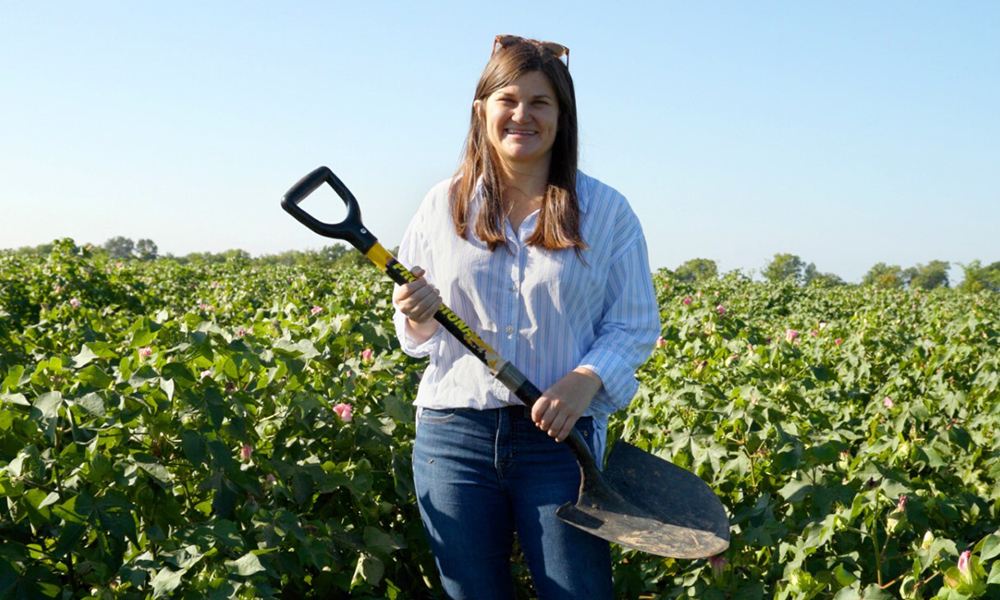

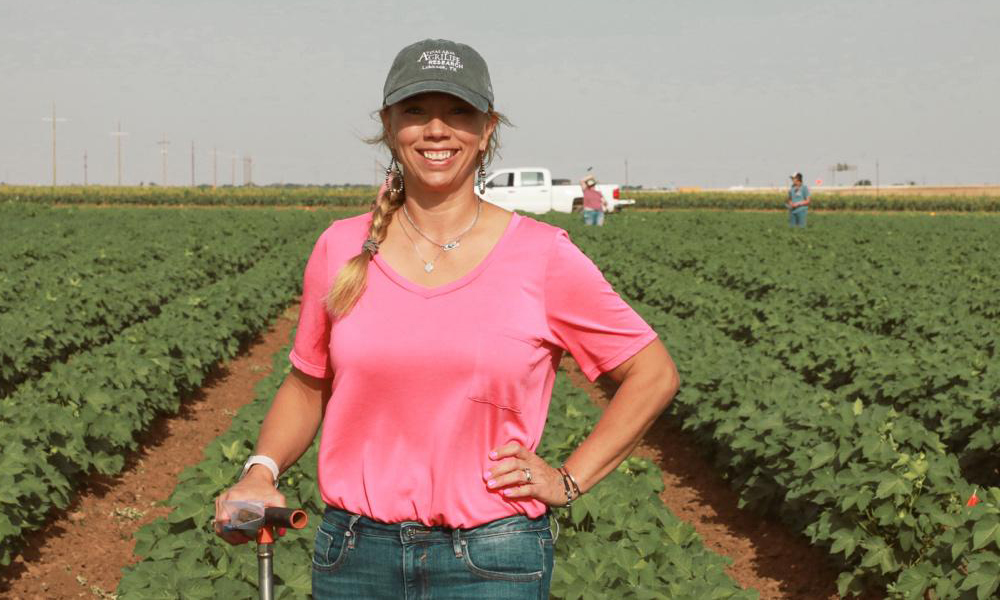

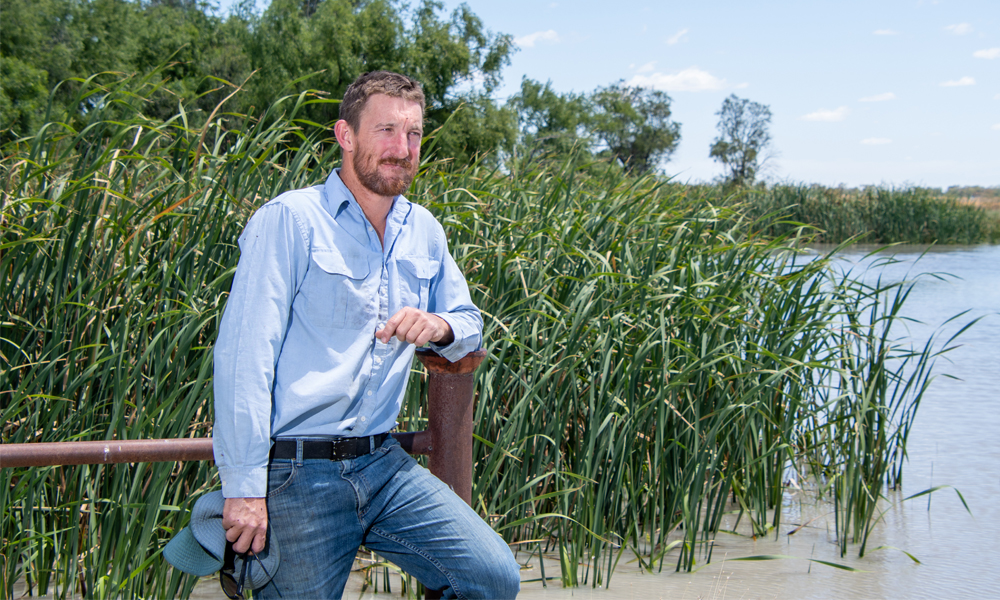
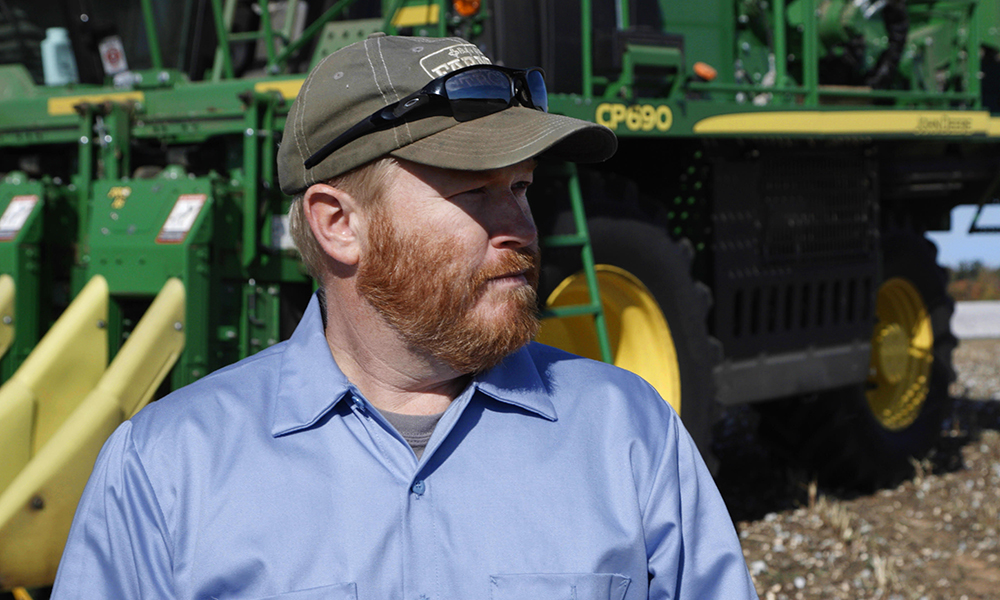
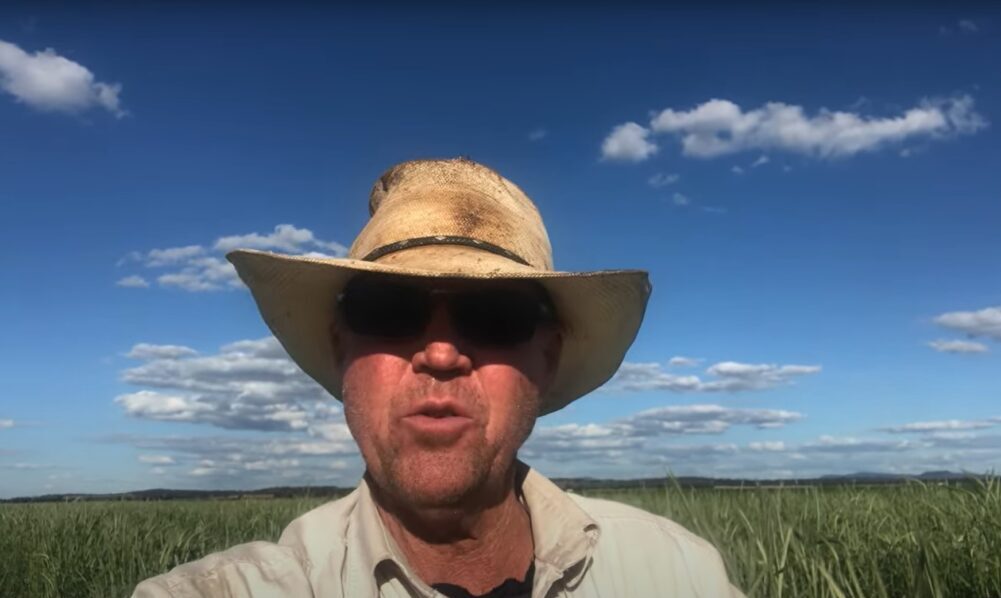
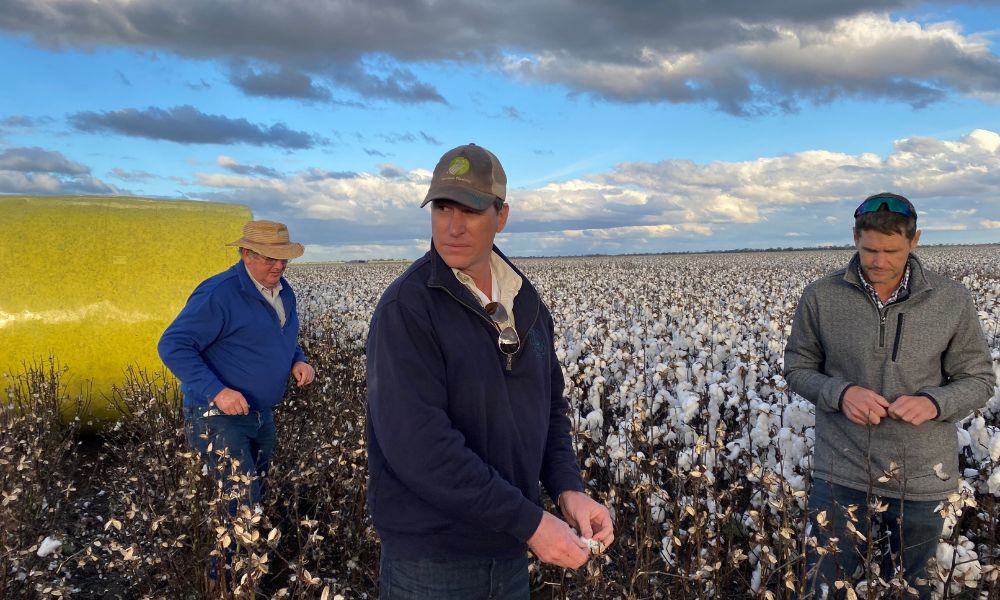

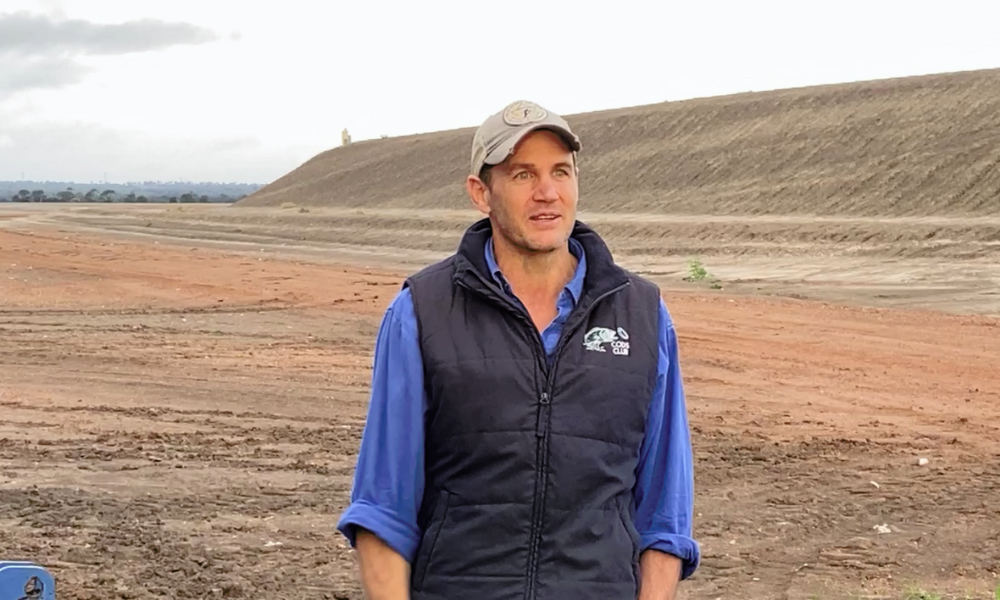
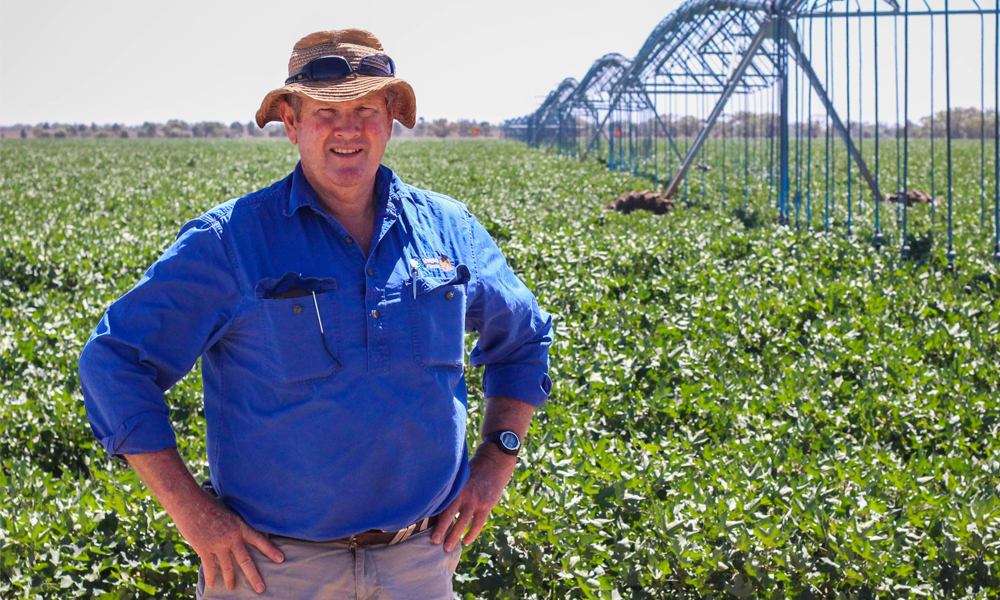

Recent Comments